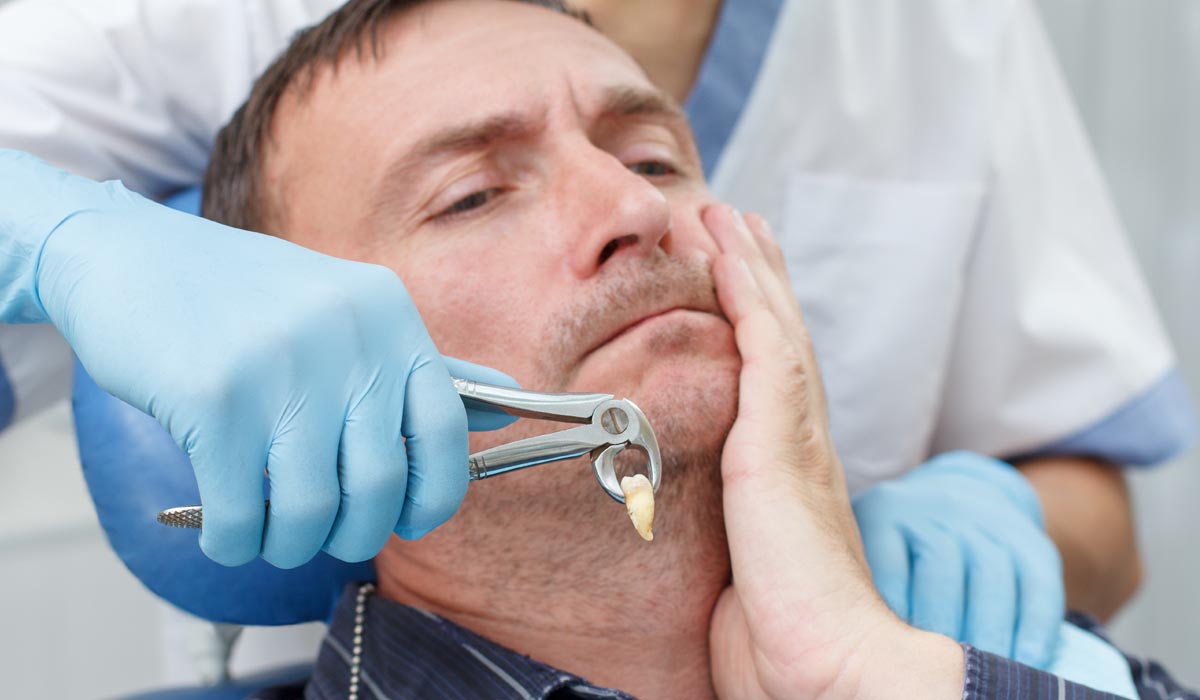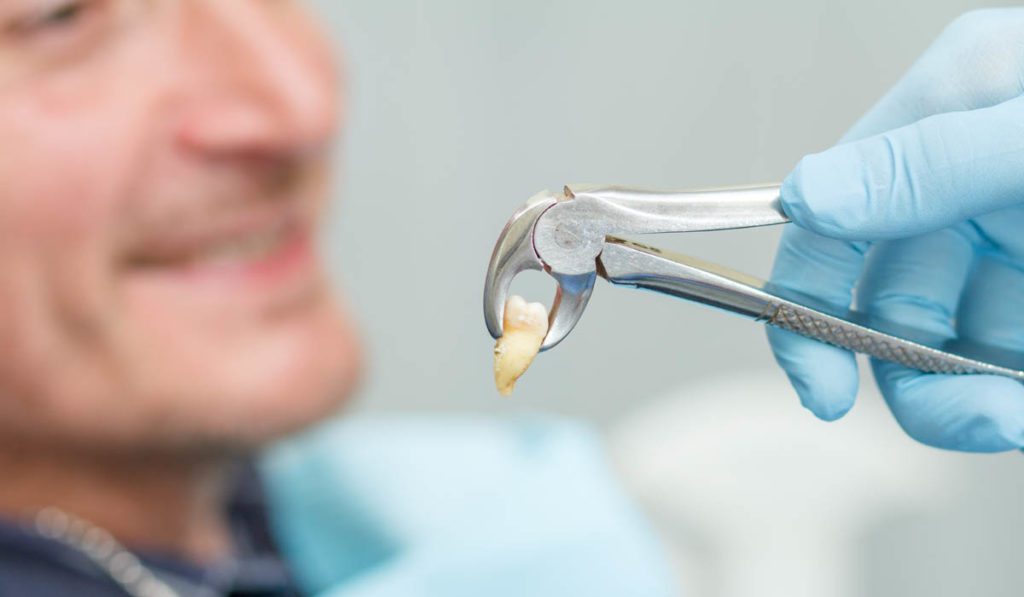Non-Surgical Tooth Extraction
When a tooth is lost or extracted from the oral cavity, it affects one’s general health and way of life. A tooth extraction could be performed for various reasons, such as severe decay or injury. Tooth removal is one of the most frequent dental treatments; it can get rid of microorganisms and enhance your general oral health.
When feasible, healthcare professionals prefer to preserve natural teeth. However, there are situations when additional restorative measures, like dental crowns or fillings, are required. Removal may be advised if your tooth has suffered severe damage that cannot be repaired. Maintaining decent dental health has numerous advantages that might affect your lifespan.
What is a tooth extraction?
Tooth extraction defines the total elimination of one or more teeth from the mouth. Often, a filling, crown, or other dental procedure can repair teeth that have been broken or ruined by disease. Your dentist could advise extraction if the condition is too severe to repair.
Non-surgical tooth extraction
Your damaged and severely fractured tooth could be causing you agony and discomfort; extraction may be necessary in such a case. Non-surgical extractions occur when the dentist intends to remove the problematic tooth using local anaesthetic without creating a surgical cut in your gums. It is also known as simple dental extraction. Elevators and dental forceps are required to uplift the impacted tooth and capture the visible portion. The elevator is utilized to loosen the tooth, and the forceps are used to grasp the tooth in preparation for extraction.
You might well feel the pressure, but you must not feel pain. If you experience pain, notify your dentist, and they will administer extra local anaesthetic to numb the region.
For quicker wound healing, stitches are subsequently administered. A dentist will provide you with accurate, comprehensive advice for managing the tooth site after extraction to recuperate quickly.
Advantages of non-surgical extraction method
Many tooth extractions are performed without the use of surgery. Non-surgical removal is recommended in the following situations: removing baby teeth, removing teeth accessible within the mouth, and various other conditions. Here are some of the advantages of non-surgical tooth removal:
- This is the simplest type of extraction, and it is usually completed quickly.
- Patients usually recover quickly from this tooth extraction method, allowing them to resume their normal activities.
- Patients report little to no discomfort during or after the process.
- Non-surgical treatments are cost-effective.
- If necessary, multiple teeth can often be extracted at the same time.
Risks of a tooth extraction
Typically, after a tooth extraction, a blood clot forms in the hole in the bone where the tooth was extracted. The bone inside the socket or hole could become vulnerable if the blood clot does not establish or eject. This is referred to as a “dry socket.” If this happens, the dentist will apply an anaesthetic dressing to the injured region for a few days to protect it. During this time, a fresh clot may form.
Some other risks include bleeding, fever due to an infection, nausea, swelling and redness at the extraction area. Get in touch with your specialist if you experience any of these symptoms.

Tooth extraction aftercare
The dentist will provide you with a thorough set of instructions after your extraction. Following are some general pointers for a quick recovery:
- Keep the removal area clean.
- Follow the instructions given by the dentist.
- Avoid stressful activities for a couple of days.
- For the first several days, avoid meals that are crunchy and firm.
- Avoid letting anything pointed, such as toothpicks or cutlery, get inside the wound.
- Use an ice pack to reduce swelling as much as possible.
- Avoid using a straw, smoking, and swishing, as it may interrupt the clot.
- Brush and floss your teeth as usual to prevent infection, but avoid the extraction site.
- Position your head up with pillows while sleeping, as lying straight can delay healing.
Why 7DMC?
We at 7DMC aim to provide the best tooth extraction service in Dubai. We are a leading dental clinic providing simple and surgical tooth removal services to patients suffering from dental issues such as decomposition, trauma, cavities, etc. We take special care to ensure that our patients are delighted.
Our skilled dentists won’t advise extraction if the tooth can still be repaired or saved using alternative procedures. Together, our highly skilled team of dentists and dental experts ensures an effective care procedure that prioritizes you and your family.
Bottom Line
Your natural teeth are designed to be long-lasting. Almost all dental treatments are based on the notion of preserving dental health and preventing tooth loss. However, tooth extraction may be the only way to prevent further problems in some circumstances. The issue could be caused by a painful wisdom tooth or a tooth that is completely decayed. The dentist can safely remove the problematic tooth with a non-surgical extraction, negating the need for extensive surgery. This extraction method has the benefit of a faster healing process.
An appointment with our dentist is the best approach to determine if your tooth must be extracted. After looking over your teeth, our doctors can suggest the best course of treatment for you.
References
toothiq.com/dental-procedure/simple-tooth-extractions
news-medical.net/health/Types-of-Dental-Extraction.aspx
healthline.com/health/tooth-extraction
- CATEGORIES : Dental





